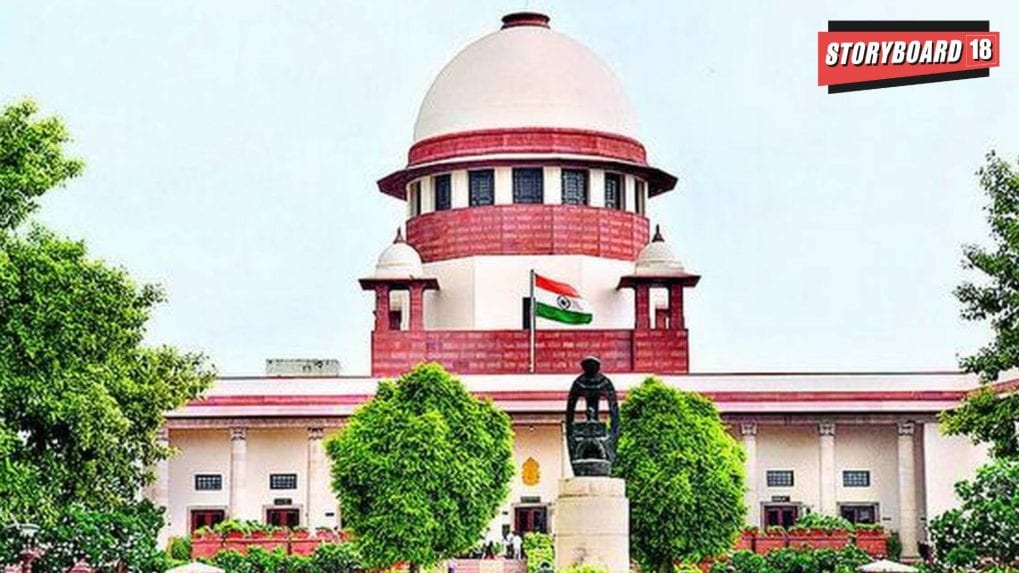Supreme Court closes IMA plea on misleading traditional medicine ads
The case began when the IMA approached the court against Patanjali Ayurveda for running ads that allegedly made misleading claims and disparaged modern medicine.
ADVERTISEMENT
On August 11, the Supreme Court of India dismissed the Indian Medical Association’s (IMA) petition against misleading advertisements related to traditional medicine. The case began when the IMA approached the court against Patanjali Ayurveda for running ads that allegedly made misleading claims and disparaged modern medicine.
On July 1, 2024, the Ministry of AYUSH (Ayurveda, Yoga & Naturopathy, Unani, Siddha, and Homoeopathy) issued a notification deleting Rule 170 of the Drugs and Cosmetics Rules, 1945. Under Rule 170, companies were required to obtain prior approval from state licensing authorities before advertising Ayurvedic, Siddha, or Unani medicines, according to media reports. The rule had been introduced to prevent false or exaggerated claims. With its deletion, pre-approval was no longer required.
However, in August 2024, the matter came before a different Supreme Court Bench comprising Justices Hima Kohli and Sandeep Mehta, which stayed the deletion of Rule 170. This meant the approval requirement temporarily remained in force.
Justice K.V. Viswanathan questioned how states could enforce a rule that had already been deleted by the Centre. Justice B.V. Nagarathna suggested closing the case, noting that the primary reliefs sought by the IMA had already been achieved. She further explained that the Court lacked the authority to reinstate a provision once the Centre had removed it.
Earlier, the Court had focused on the misleading advertisements, the inaction of regulatory authorities against Patanjali, and the corrective steps required from Patanjali promoters Baba Ramdev and Acharya Balkrishna, according to media reports. The Court had initiated contempt proceedings against Patanjali Ayurveda, which were later closed after the company issued multiple apologies.
Additionally, the Court observed that banning advertisements while allowing the manufacture of AYUSH drugs could lead to unfair trade practices. During the hearings, the Court also addressed misleading advertisements by other companies and the broader trend of undermining modern medicine.
Read More: Tackling misleading medical ads amid digital boom
Read More: Centre launches AyushSuraksha portal to crack down on misleading ads
Read More: Supreme Court gives states two months to tackle misleading medical ads


